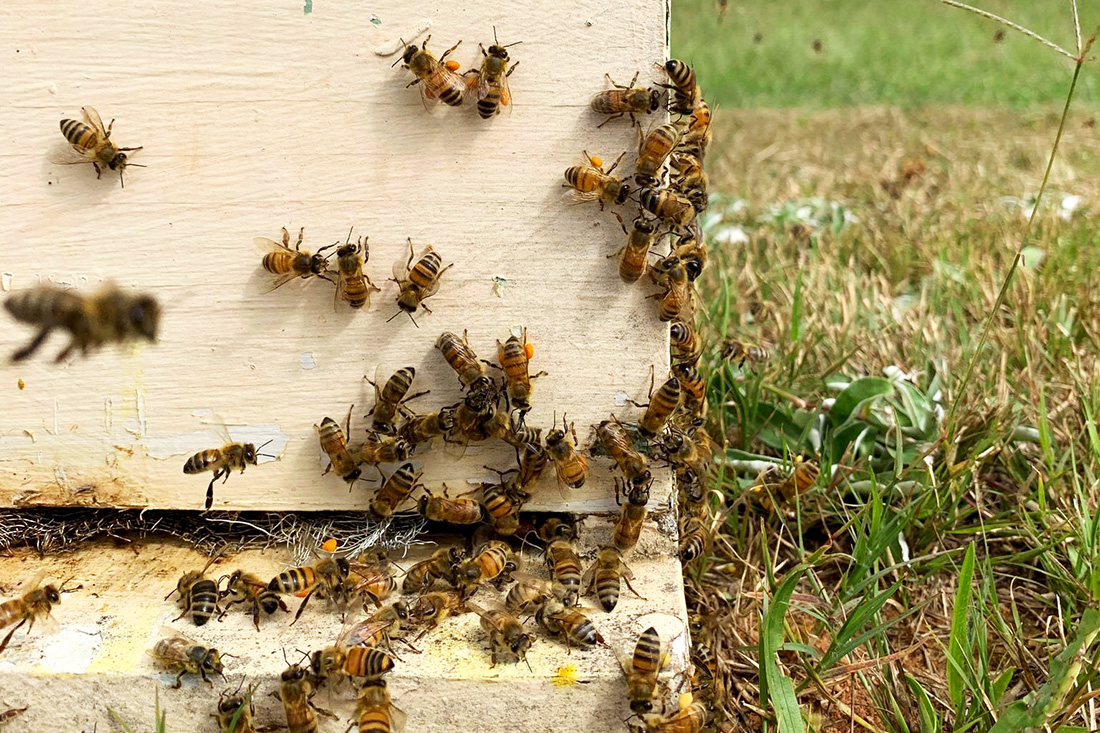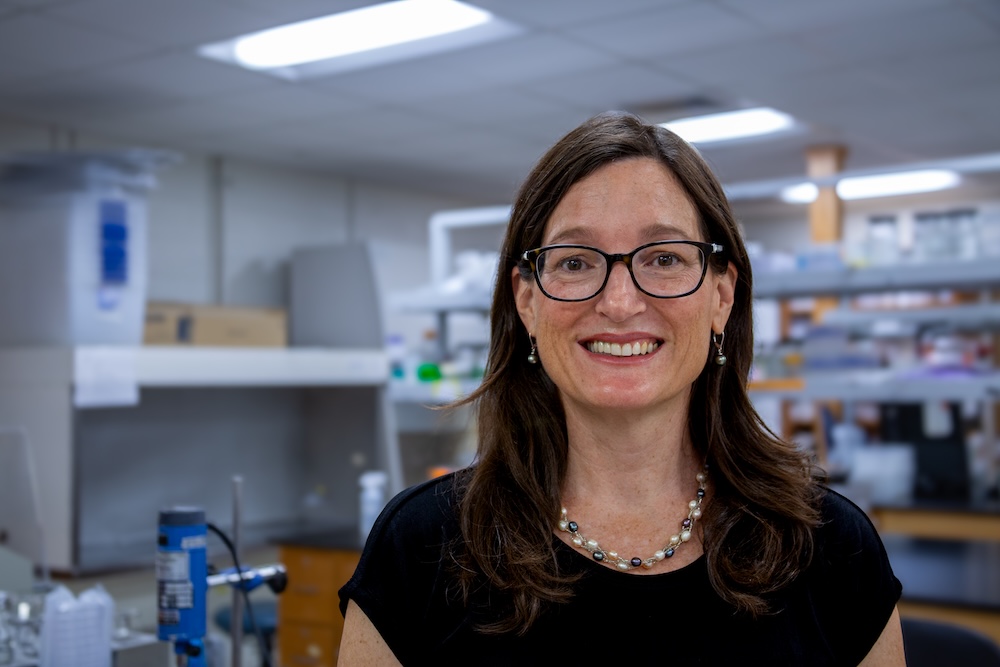Sales of organic foods have exploded, moving the industry from a niche market to a nationwide phenomenon. In 1989, organic foods accounted for $1.25 billion in U.S. sales. By 2005, that number had jumped to $14 billion.
This booming industry needs a steady stream of skilled, educated workers like Erica Mehan. Mehan has graduated from the University of Georgia, but wanted a few more classes before entering the job market. She plans to work toward a certificate in organic agriculture, a UGA College of Agricultural and Environmental Sciences program that starts this fall.
Before changing her major to horticulture, Mehan was studying sculpture. “I took a course in sustainable agriculture that resonated within me so deeply that I began to plot my future with agriculture as the foundation,” said Mehan of her dramatic shift.
Organic farming is growing between 15 percent and 25 percent a year, said Alice Rolls, executive director of Georgia Organics. Food businesses typically grow 2 percent to 3 percent annually.
“Go to Kroger or Wal-Mart and see how many products they now offer that mention organic,” said CAES horticulturist David Berle. “Students are interested in this subject for many reasons and need somewhere on campus to get science-based information.”
The UGA certificate will work like a minor program. Students with majors in science-related fields or who have completed enough science classes can tack this certificate onto their course of study. To earn it, students must complete a research project and classes such as organic agricultural systems, said Emillie Skinner, a UGA horticulture research technician. She and CAES horticulturist Marc van Iersel are helping launch the program.
“A lot of students are really interested in organic agriculture,” van Iersel said. “And until now, they haven’t had the chance to study it here.”
The CAES plant pathology, agricultural and applied economics, crop and soil sciences, agricultural and biological engineering, animal and dairy sciences, poultry science and entomology departments all add to the program. The UGA Franklin College of Arts and Sciences, contributes through the anthropology department, and the UGA College of Environment and Design through their ecology department.
Carl Jordan, a professor in the Institute of Ecology, has been teaching a summer-semester organic agriculture class for several years. “My class generally is filled up by March,” he said. “And by April, I begin turning away applicants for the course.”
Before the UGA program starts up in the fall, the only option students had for studying organic agriculture was to transfer to schools like University of California at Davis, North Carolina State and Colorado State. UGA’s program differs from the others because it’s the only one that teaches students about the unique problems that affect Georgia agriculture, such as the state’s humid climate. Georgia’s climate intensifies pest and disease pressures.
The certificate program is two-fold. In addition to teaching students about organic agriculture, the students’ coursework includes conducting research that could benefit Georgia growers.
Once the program starts, students and researchers will grow plants organically and conventionally in the same greenhouses. They will then compare them for nutrients, growing practices and other factors.
Growing more organic vegetables may be a way for Georgia growers to receive a premium for their products.
“The principles of organic agriculture such as reducing inputs, reducing environmental impact and adding value to agricultural products are something we work on every day with all our clients,” said Mike Lacy, CAES poultry science department head. The college has “contributed more in this area than the general public knows. Bringing research-based knowledge to this area will benefit consumers and farmers.”
Only UGA students can take the certificate of organic agriculture program. To learn more, visit www.uga.edu/organic/ or contact van Iersel at (706) 583-0284 or mvanier@uga.edu.






